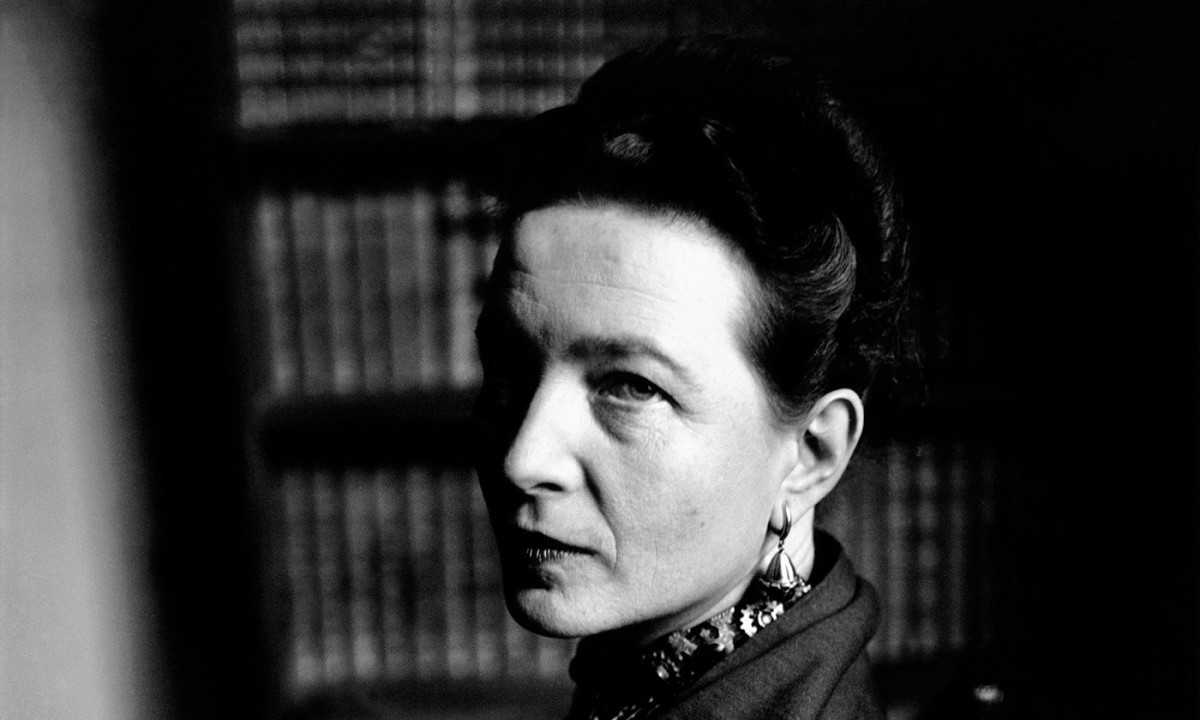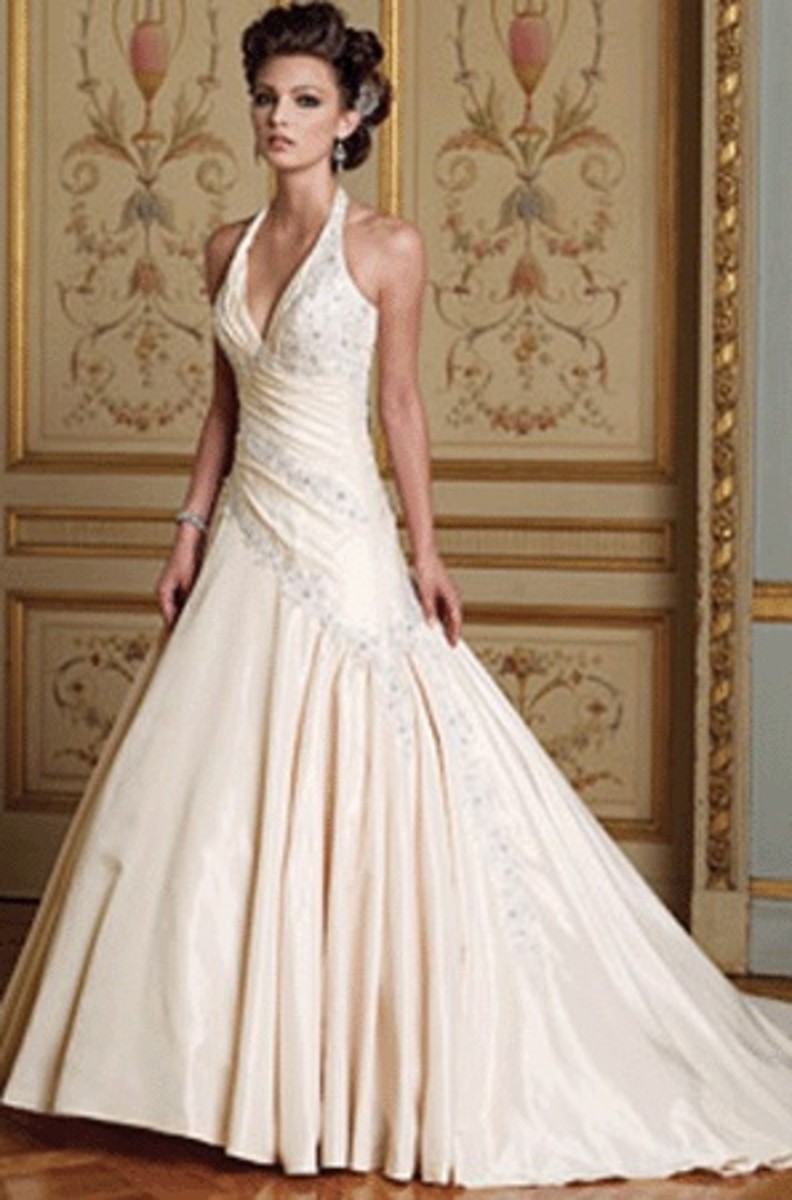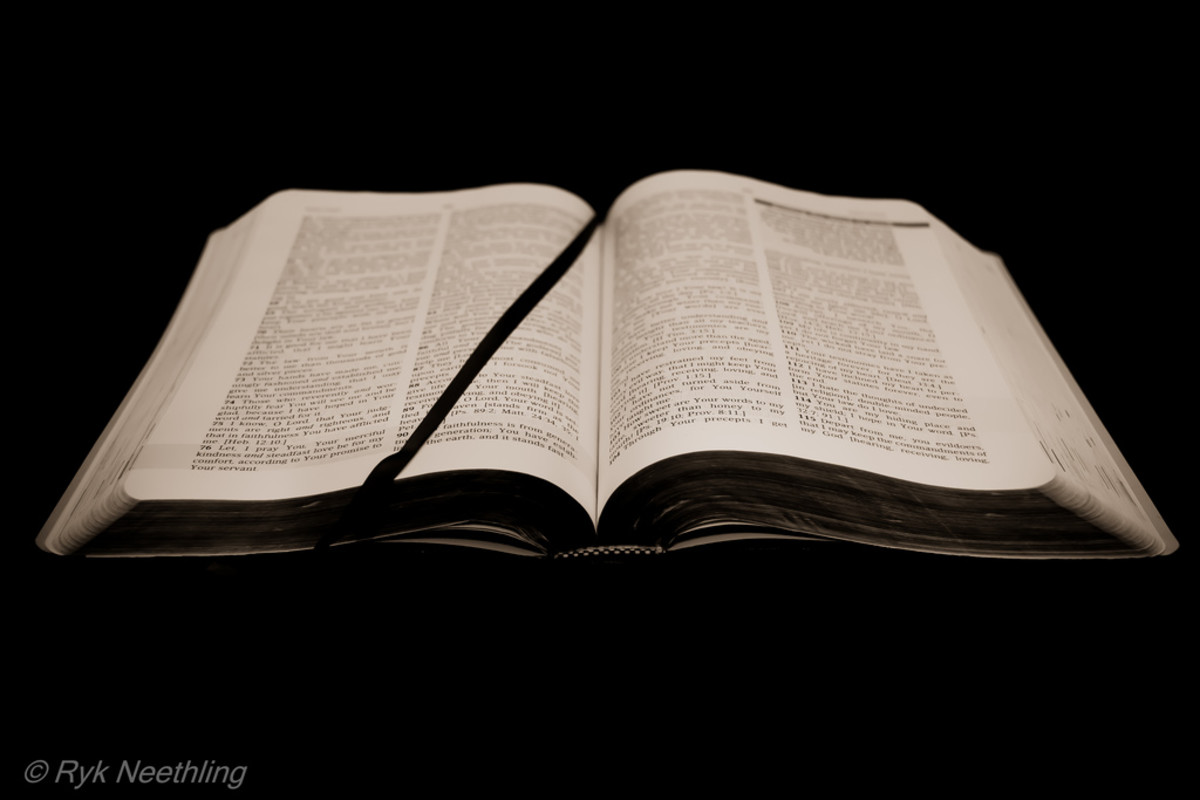Women's Lib and the Bible
Women's Liberation Movement
Not long ago sex before marriage in many societies were seen as shameful and if a single woman got pregnant it was devastating both for her and her family, the shame and stigma they had to contend with. Almost universally abortion was illegal and many women risked their lives going to the backstreet doctor, or were forced to give their baby up for adoption. However, the militant political movements of the 1960s put aside what was regarded as oppressive to women. In the eyes of many commentators the fortunes of women improved tremendously, millions of lives were changed, as women gained the rights to legal abortion, easier divorce, freedom of sexual expression and a bedrock principle of equal pay. The Women’s Lib Movement which was born in America among students who adopted fundamentalist views from the black civil rights movement led by Dr King and the opposition to the War in Vietnam. In the UK the movement developed from the women workers fight for equal pay. It’s clear that the movements in both countries had different personality but both were rooted in the effect of the long post war economic growth, which had encouraged large numbers of women into work and further education.
1960 to 1965 saw a 57 percent increase in women being awarded degrees in America while the figure for men rose just 25 percent, giving new expectations to a generation of women, and universities became the springboard of militant resistance and debate. 1967 thousands of women had been on marches and protests, but still faced sexism in their own political groups feeling marginalized by a largely male dominated leadership. It appears appalling that such inspired fundamental movements did not take women’s rights seriously. Many women in leadership today praise those women as brave and beacon of change for standing up and see their rise in status and influences in society as a result of the movement militant actions. However, there are a growing number of women who claim that the movement fails them; in not educating them as to what their roles are as mothers, or how to be an effective wife. They cite many changes to the benefits of women brought about by the militant group, but also see many failures. For instance, the movement in many instances blames the bible and especially St Paul as the sources for the mistreatment of women in church and society, citing passage like, “I do not permit a woman to teach or to have authority over a man; she must be silent” (1Tim 2:12). Furthermore, what incensed many women, the movement attempts to rewrite the bible in so much so that it takes on a more feminine character. “Father” and “Son” references becoming “Mother” and “Daughter”, but many voices in the movement prefer a sexless tone to the writings, thus making God sexless. Is the bible anti women?
The Bible on Women
No doubt in the world of the bible leading roles in the home and society were undertaken by men. The social structure was radically different from today as two systems operated along side each other. One structure consisted of the extended family which was led by male and female family heads. The head of the family had clear authority and power over his Offspring. Women leaving fathers protectorate enters the authority of the head of her new family by marriage. This was viewed as a very important social tie created by marriage between the father-in-law and daughter-in-law. If a husband dies prematurely, the woman remained with the new family, either as the mother of children, or given to another son in the tradition of levirate marriage, a custom practiced in Jewish society, which leaves women with little or no direct access to power or decision making. (Gen. 38:7-11; Deut. 25:5-10). Evidence of female head of families in Israel saw women making a mark either by directly influencing their husbands as in the case of Sarah, (Gen. 16:5; 21:10) or by deception as with Rebekah (Gen. 27) and Rachel (Gen. 31). Women may have thrived but, the structure of patriarchal disposition is viewed to have contributed to widespread abuses such as the offer of Lot’s daughters to the men of Sodom (Gen. 19:8), and the women of Gibeah (Jud. 19:24).
Classical Period
Aside from royalty classical Israel constituted a nuclear family structure rather than an extended one. The change, recorded in Gen. 2:24, did not mean the start of women’s lib, as females were still seen as under authority of men (Gen. 3:16). In that same family structure sons of families were not considered higher than their mother, and sons that rebelled against parental authority would be stoned to death (Deut. 21:18-21). Despite the laws of the land which saw women being subordinate to men, there does seem to have been a considerable authority in the rights of the head of households to organize family members. Sexual exclusivity was owed to a woman's present or future husbands and she was expected to be a virgin when she marries. If she was enticed into premarital sex, the seducer the law demanded that he paid the bride-price to her father, who could then decide whether to grant her to him in marriage (Exod. 22:16-17). If she was forcibly raped, the attacker was required to pay the bride-price, was given to her in marriage, and could not divorce her (Deut. 22:28-29). The law allowed for a man to accuse his bride of not being a virgin, and if the allegation was proved by lack of blood on sheet, she could be stoned for behaving wantonly while in father’s house (Deut. 22:13-21). Adultery - sex by a married woman with a man not her husband, was punishable by death (Lev. 20:10; cf. John 8:3-7). Men could accuse wives of adultery and cause her to undertake solemn oath demonstrating innocence (Num. 5:11-31).
Divorce
Husbands only, not the wives have the privilege of enacting divorce proceedings. And it required a bill of divorce provided her the privilege of remarriage (24:1), and which did not allow men to divorce wives that they had to marry after rape (Deut. 22:28-29), or wives that they had unsuccessfully accused of not having been virgins (22:13-21). The purpose of the laws was to prevent men from freely divorcing unloved wives in a socio-economic structure in which single divorced women would be at a disadvantage. Women did not possess property, and male head of the household could annul the vows of women if he did so on the day he heard it (Num. 30:5-8). The status of women was inferior in economic terms by the valuation for the purpose of vows of women at thirty shekels and of men at fifty (Lev. 27:3-4). Women viewed as unclean and isolated during ritual impurity of menstrual period (Lev. 15:19-24), after giving birth (Lev. 12:1-8), the period of impurity was doubled if the child was female. Scrutiny of biblical narratives reveals, the position of women compared to men was not as weak as the laws envisioned. The Shunnamite woman showed she was able to entertain Elijah without prior consent of a husband (2 Kings 4:8-17), and Abigail could commandeer large amounts of her husband’s goods and bring them to David (1 Sam. 25). The biblical laws were probably indicative of the ideal male-female relationship envisioned by male formulators rather than reflecting social situations as it was in actuality.
Leadership
Some are shown in nondomestic roles, acting in the frontline. Two prominent royal women, King Ahab's wife Jezebel (1 Kings 18-19; 2 Kings 9:30-37) and Queen Athaliah (2 Kings 11). They were considered contemptible since they were on the wrong side of the law, but were determined. The ‘wise woman’ of Tekoa came and convinced David by a parable, pretty much in the manner of the prophet Nathan (2 Sam. 14). The ‘wise woman’ of Abel (2 Sam. 20:16-22) negotiated for her town in warfare; the fact that Joab approached the city walls to speak to her and that she could convince the town to deliver Sheba may indicate that ‘wise woman’ was a title of a town official. Deborah was a political leader who coordinated a war and was recognized as a leader before and after the war (Judg. 4-5). Miriam was acknowledged as the leader of the women, who led the women in the victory song (Exod. 15:20-21), although her powers could not be compared to that of Moses (Num. 12). Deborah and Miriam were remembered as prophetesses which seems to have been an acceptable, if rare, occupation of women. There was no surprise expressed that the prophet whom Josiah consulted when the scroll of the law was found was the woman Huldah (2 Kings 22:14-20). Although a woman it went unnoticed, probably an indication that women could be accepted and respected in leadership roles. Through out the restoration period there is mention of Nehemiah’s opponent Noadiah the prophetess and again, sex is treated as irrelevant (Neh. 6:14). Women did not have to choose between marriage and prophecy, for Huldah was clearly married, and Deborah may have been. Women also played roles in worship gatherings, but probably only as singers (2 Ch. 35:25; Ne. 7:67).
Ideal
The image of the ideal wife is conveyed in Proverbs 31: she is strong, competent, able to succeed economically, but family-centered, always acting for the provision of her household. She is not sensual, but the woman of Song of Songs (where there is no mention of marriage) is portrayed in a none condemnatory way as frankly erotic. Jael is portrayed as fierce (Jud. 4:17-21), although normally the ferocity of women is discounted (Isa. 19:16; Jer. 51:30). Above all, women are depicted for being articulate, Abigail, the wise woman of Tekoa (2 Sam. 14:2-10); the wise woman of Abel (2 Sam. 20:16-20), Tamar (2 Sam. 13), and both Samson's wives, Delilah talking him into revealing his secrets (Jud. 14:15-17; 16:4-17). There are disputes about whether there was goddess worship in Israel. The embodiment of the female image is the personification of the land and of the collectivity of the nation as ‘Lady Israel,’ which is found in the Prophets. Relationship of God to Israel viewed as a close marital bond by this image, first by Hosea, and the ‘holy family’ of Israel becomes God, ‘Lady Israel,’ and the people (Jer. 31) Israel’s lack of faithfulness to God was expressed as the waywardness and adultery of a faithless wife (in Hosea). Sexual imagery becomes a vehicle for the expression of the passionate relationship between God and Israel. At the same time, condemnation of the wayward Israel in Ezekiel 16 symbolized by a wayward wife one could wrongly read attitudes of women hatred.
One in Christ
The Bible contains no hidden or openly women hate statements, but labeled those who by deception led men astray. From whence does the concept of an anti woman bible come? Reading the bible, it’s easy for the untrained, indiscipline and ignorant eyes to see a hate game and conspiracy against the fairer sex. “Enjoy life with your wife, whom you love, all the days of this meaningless life that God has given you under the sun— all your meaningless days. For this is your lot in life and in your toilsome labor under the sun” (Eccles 9:9). It is clear that God made them male and female from the same matter, crowns them both with honor and gives them equal access to salvation. There is neither Jew nor Greek, slave nor free, male nor female, for you are all one in Christ Jesus” (Gal 3:28). Ideal to God, His desire all along is for men and women coming together as one to manage the world resources and create the next generation, doing His will until He comes. In so doing He creates roles and responsibilities, men given the greater task of caring for both wives and children, while managing the wider society. There were no machinery to do the hard work, nor comfortable trains or cars to get to cool offices; it was hard toiling to make a living in the field in ancient times. Families were large and having a heavily pregnant wife in the field working with other young children is painful to even imagine. Wars were rampant, more vicious than now and having a wife drawing a sword to attack the enemy, leaving the husband at home to look after the kids does not compute. Men were the hunter gatherer, and he has always been willing to do the lion share of the work, even to die for his family. I have not seen where the liberation movement wants all men to retire from the army, volunteering to fill the gap. Leadership in invention and technology have always been men, and It is about time we get some reality check and understand God intended men and women to compliment each other, not compete. We fill the roles He handed to us and not follow some fundamentalist agenda and depart from the way, He prescribe.
Women and the Bible
- The Meaning of War Is Peace, Freedom Is Slavery, and...
These slogans in the novel 1984 underscore the destructiveness of believing in contradictions and encompass one of the overarching themes of the book. - Four Bible Women in Extraordinary Worship and Devoti...
Four Bible women including Hannah and Mary Magdalene expressed their devotion in extraordinary performances.Their examples may boost women today to express their faith in similar outstanding devotion. - The Role of Women in the Bible
God's original plan for women was not to be inferior to men in any way. Rather they were to be co-regents, given the job of ruling over and taking care of the earth. - Women In Ministry: Following Christ's Example
Follow Christ and you can minister for him.








